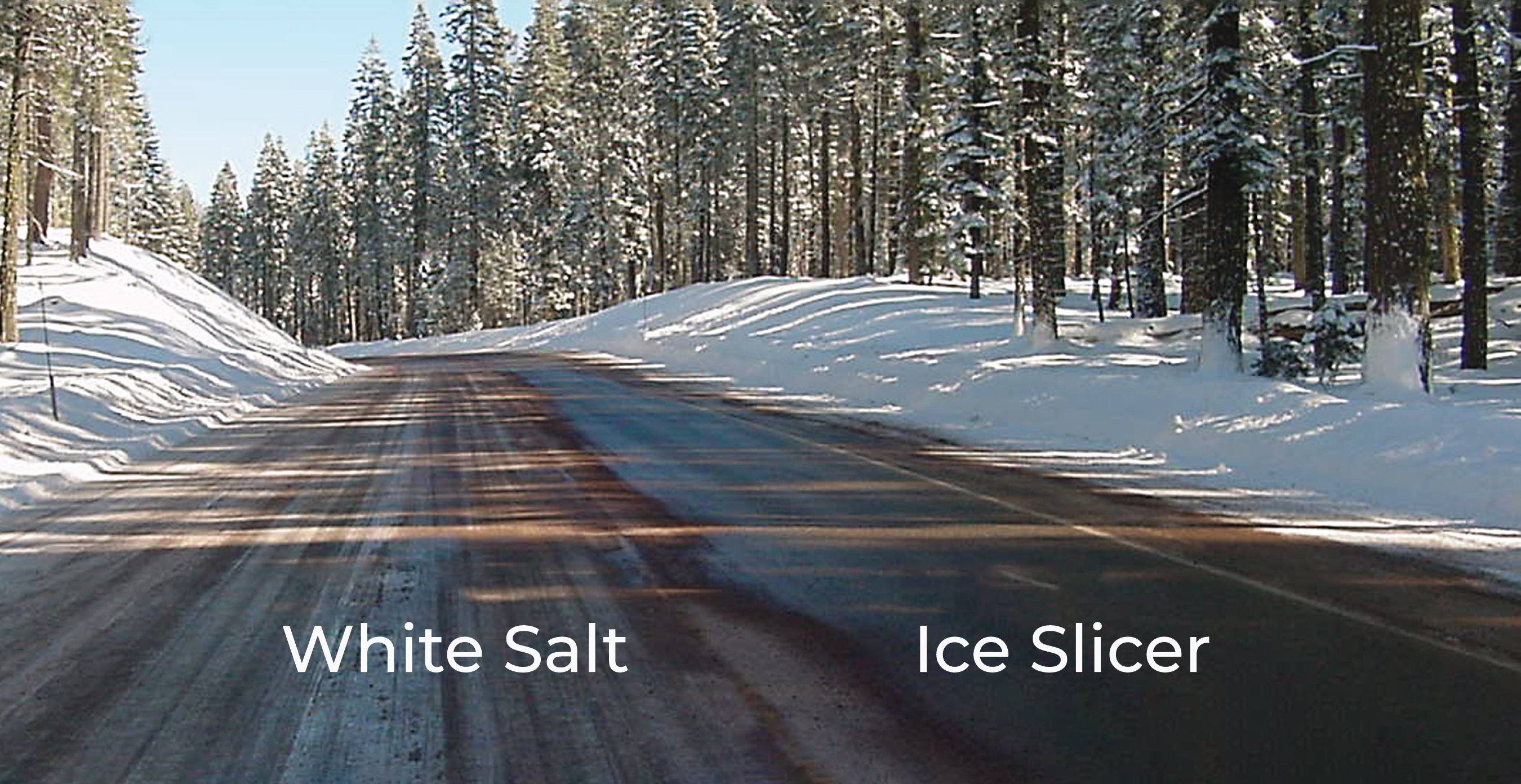When implementing a deicing and anti-icing program, there are many factors to consider. What product is best for various road and weather conditions? How much product should be used? What method should be used to apply the product?
When you are planning product application and applying product, it is important to keep a few things in mind. Check out a few tips on the best practices and considerations when it comes to deicing and anti-icing:
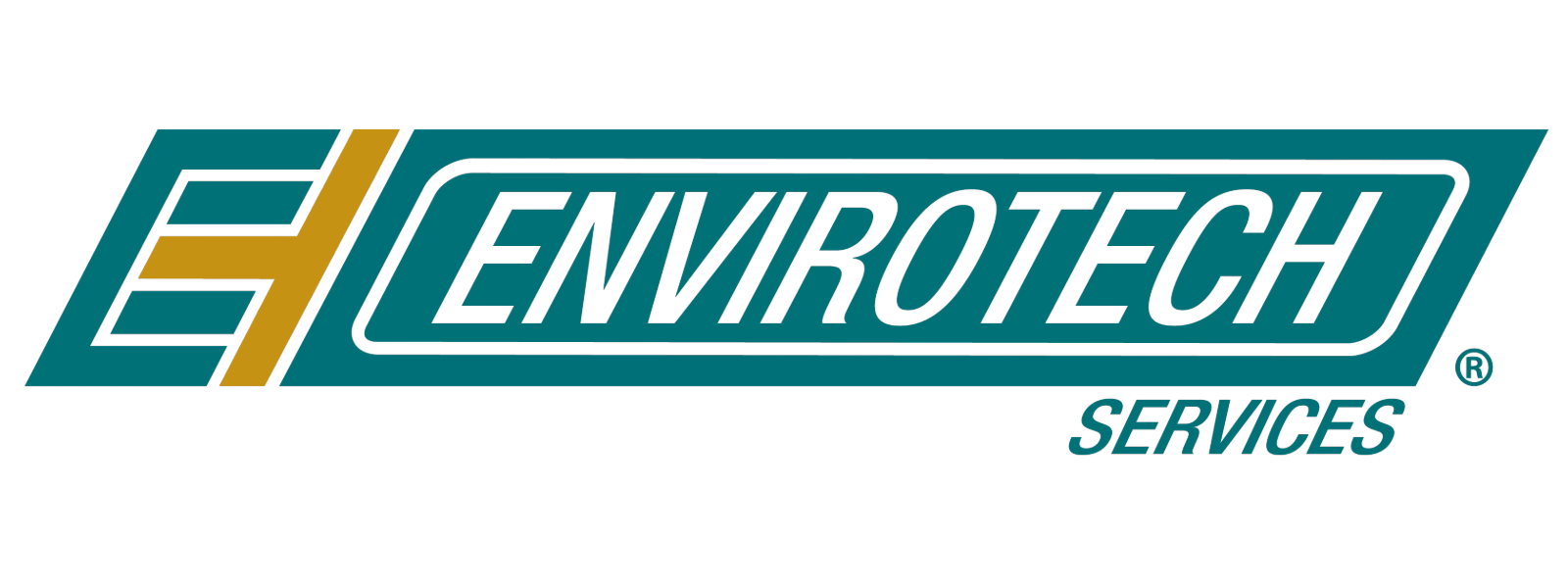
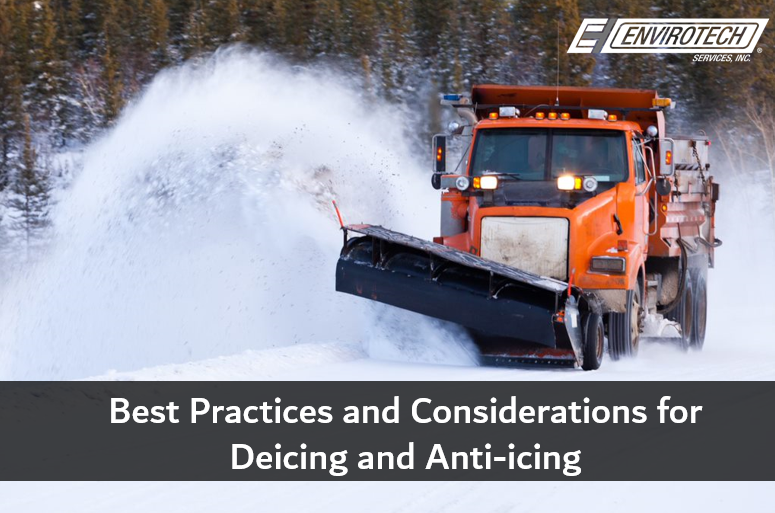


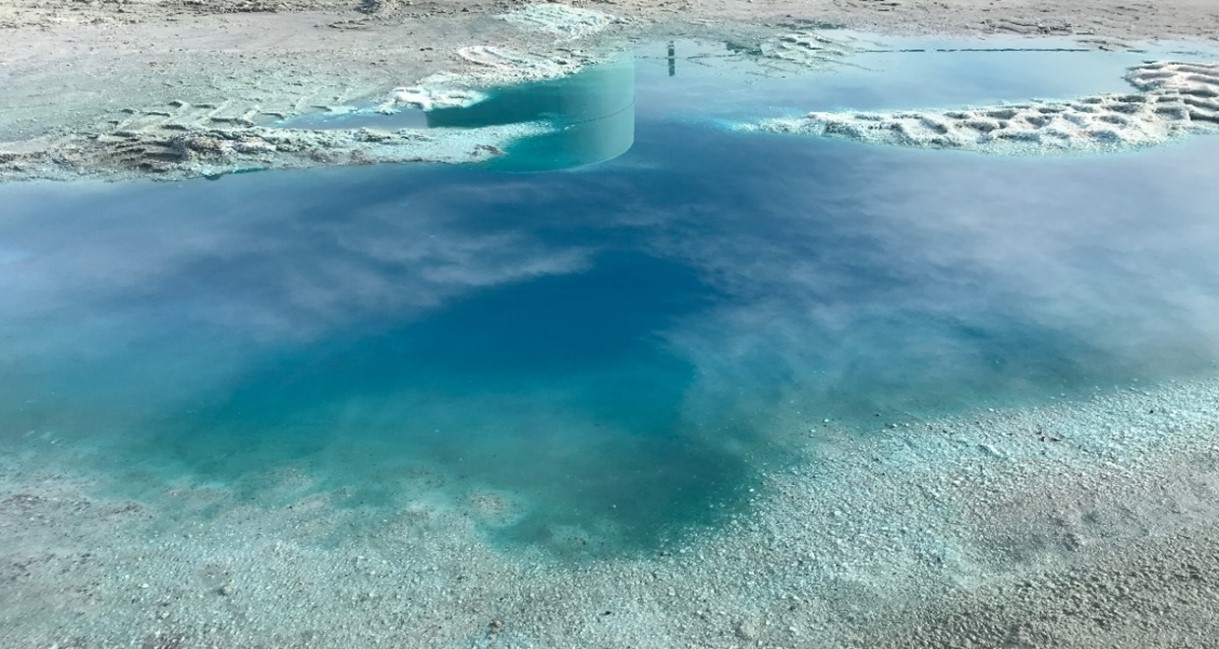
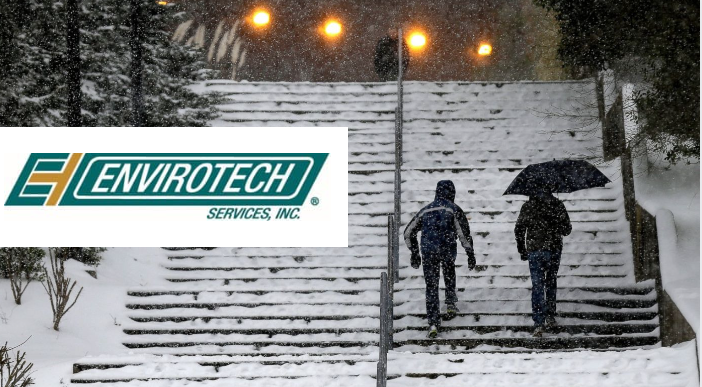
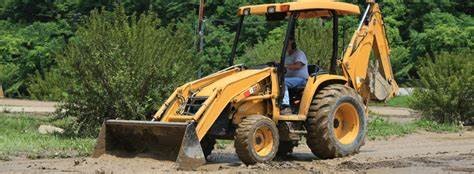

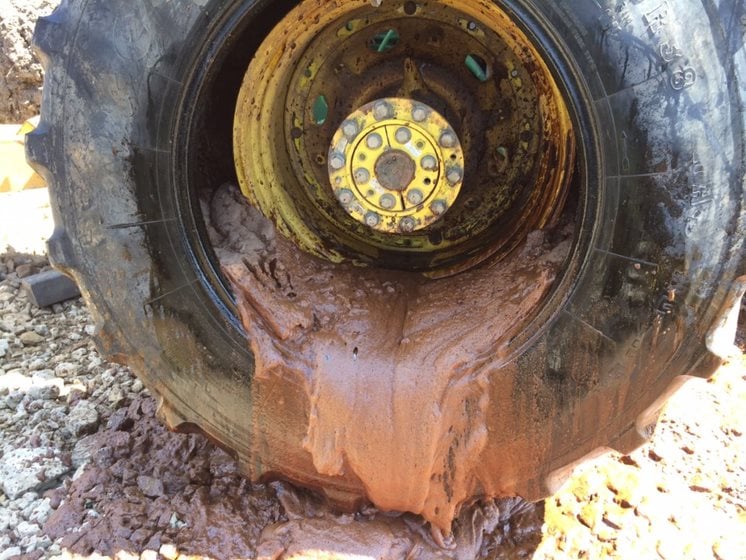
.jpeg)
